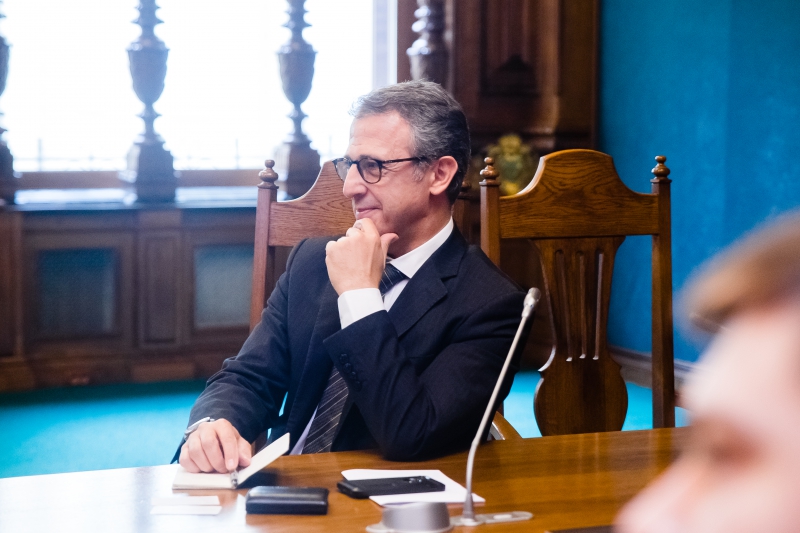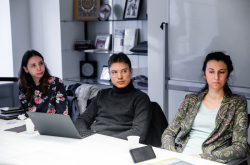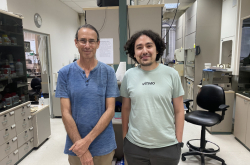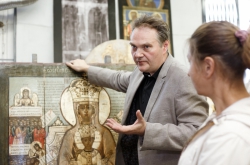Abdo Michel Malac is the Counselor for Science and Technology at the Embassy of France in Russia. Despite being based in Moscow, where the Embassy is located, he is now touring Russian cities to establish contacts with the staff of universities interested in collaborations with French scientists and researchers. ITMO was the first university the French diplomat attended in St. Petersburg.
“It is customary for embassies to pursue the strengthening of ties in the field of culture and the arts between theirs and the host country, but we decided to also stretch this task to the field of science,” shares Mr. Malac. “Russia is one of the six countries the scientific research of which presents an interest to France. As is the case with Germany, the US, the UK, Japan and China, we recognize the potential of the local scientists and thus will be delighted to facilitate further cooperation. Indeed, this is the main aim of my visit: to search for promising projects and reinforce the connections between France and Russia.”
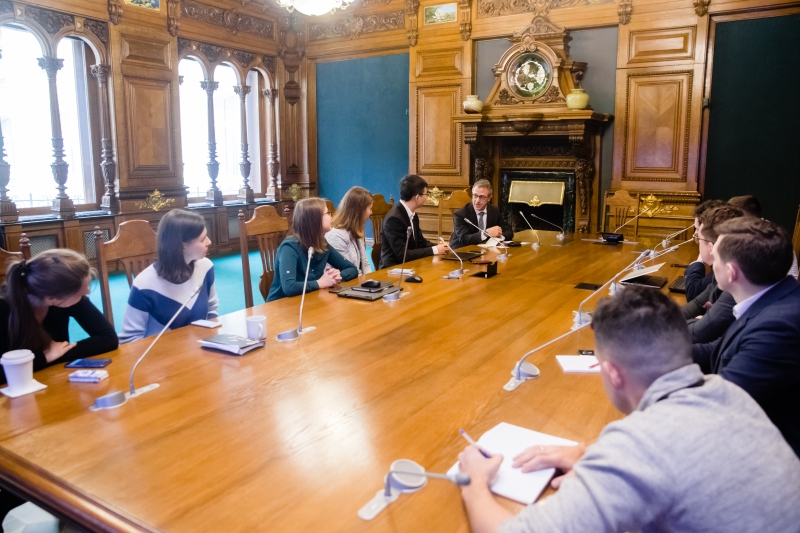
While at ITMO, Abdo Michel Malac told of the Embassy’s funding designated to supporting Russian scientists’ participation in international research initiatives. Although this funding is not large enough to be referred to as a grant, it can still prove to be very significant for promising projects that are just making their first steps. All suchlike applications are evaluated by the Ministry of Higher Education, Research and Innovation of the French Republic, with financial support proffered to those with the highest score. During his visit to the university, the Counselor congratulated those of the Physics and Engineering Faculty’s staff and students who were awarded the I. I. Mechnikov, I. I. Vernadsky and M. V. Ostrogradsky scholarships.
The Embassy of France in Russia is also willing to support the conduct of international seminars, workshops and festivals the line-up of which includes representatives of French academia. According to Mr. Malac, the Embassy encourages all Russian researchers involved or interested in conducting such projects to apply. Full information on all relevant initiatives is available on the official website of the Embassy of France in Russia.
Aside from broaching the subject of the Embassy’s financial support programs, the diplomat also spoke with the University’s staff about possible exchange programs between ITMO and French universities, as well as of the international activity of ITMO researchers. On her part, the Head of International Educational Programs Department Ekaterina Tulugurova told Mr. Malac about ITMO’s international strategy and innovative educational programs, including the new core discipline of soft skills which ITMO is the only Russian university to include as part of the curriculum.
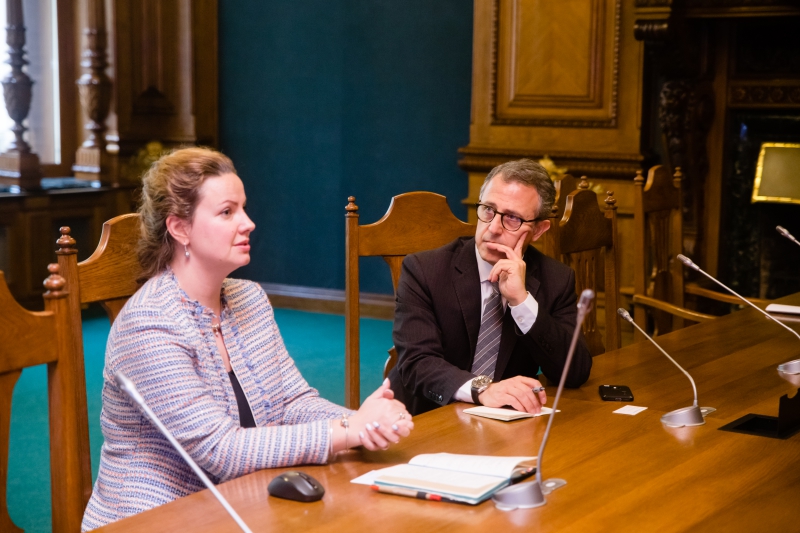
The Counselor was also introduced to other members of the Faculty of Physics and Engineering, who shared about the research projects they work on. For one, Anna Khurshayken and Ekaterina Bruy informed the diplomat of the results of the fruitful collaboration conducted in the field of magnetic resonance imaging within the framework of the International Research Consortium and coordinated by Aix Marseille University (the M-Cube project). Dmitry Zuev spoke about the project TAHYTI, as part of which researchers from ITMO University and University of Lorraine collaborate on creating hybrid nanophotonic systems to offer new ways of processing, transfer and storage of data. In his turn, Anton Nalitov talked about the progress in research on topological polaritons carried out by ITMO scientists together with their colleagues from the University of Clermont Auvergne.
Also timed to Mr. Malac’s visit to ITMO University was the opening of a new Russian-French Laboratory of Nanophotonics of Hybrid Crystals that received significant support from the Embassy (as part of the Hubert Curien “Kolmogorov” Partnership) and a federal target program of the Russian Ministry of Science and Higher Education. The new laboratory was headed by a senior research associate at the Faculty of Physics and Engineering Valentin Milichko, while Thierry Belmonte, Research Director at the French National Center for Scientific Research (CNRS) and Director of Institut Jean Lamour (IJL), one of France’s largest research institutes in the field of materials science, took on the role of the center’s scientific advisor. The joint laboratory provides a compelling example of mutually beneficial integration of scientific ideas and unique competencies of and between Russia and the French Republic.
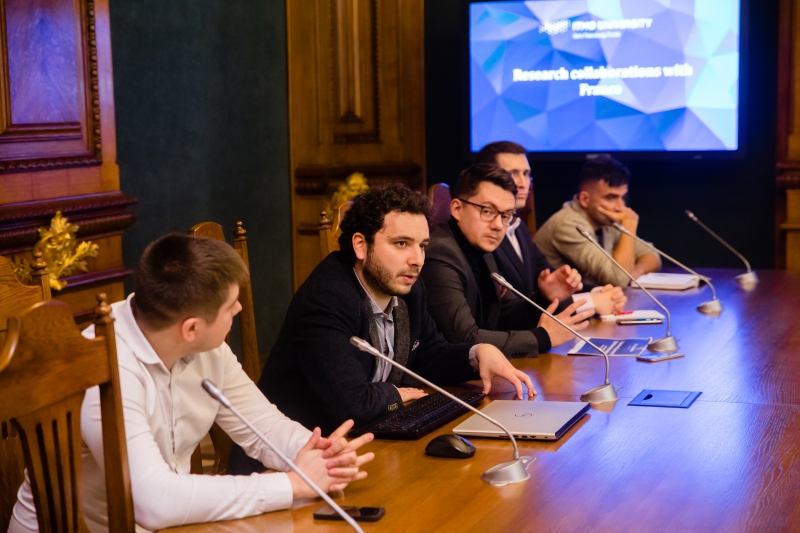
As noted by Alexandre Nominé, a participant of the ITMO Fellowship program and Deputy Head of the Russian-French laboratory, the latter’s main focus is on fundamental research of the interconnection between the innovative new crystals’ structure and their optical properties all through to the nanoscale level. In the spirit of interdisciplinarity, apart from materials specialists the center is also open to researchers in the fields of artificial intelligence, programming and biology.
